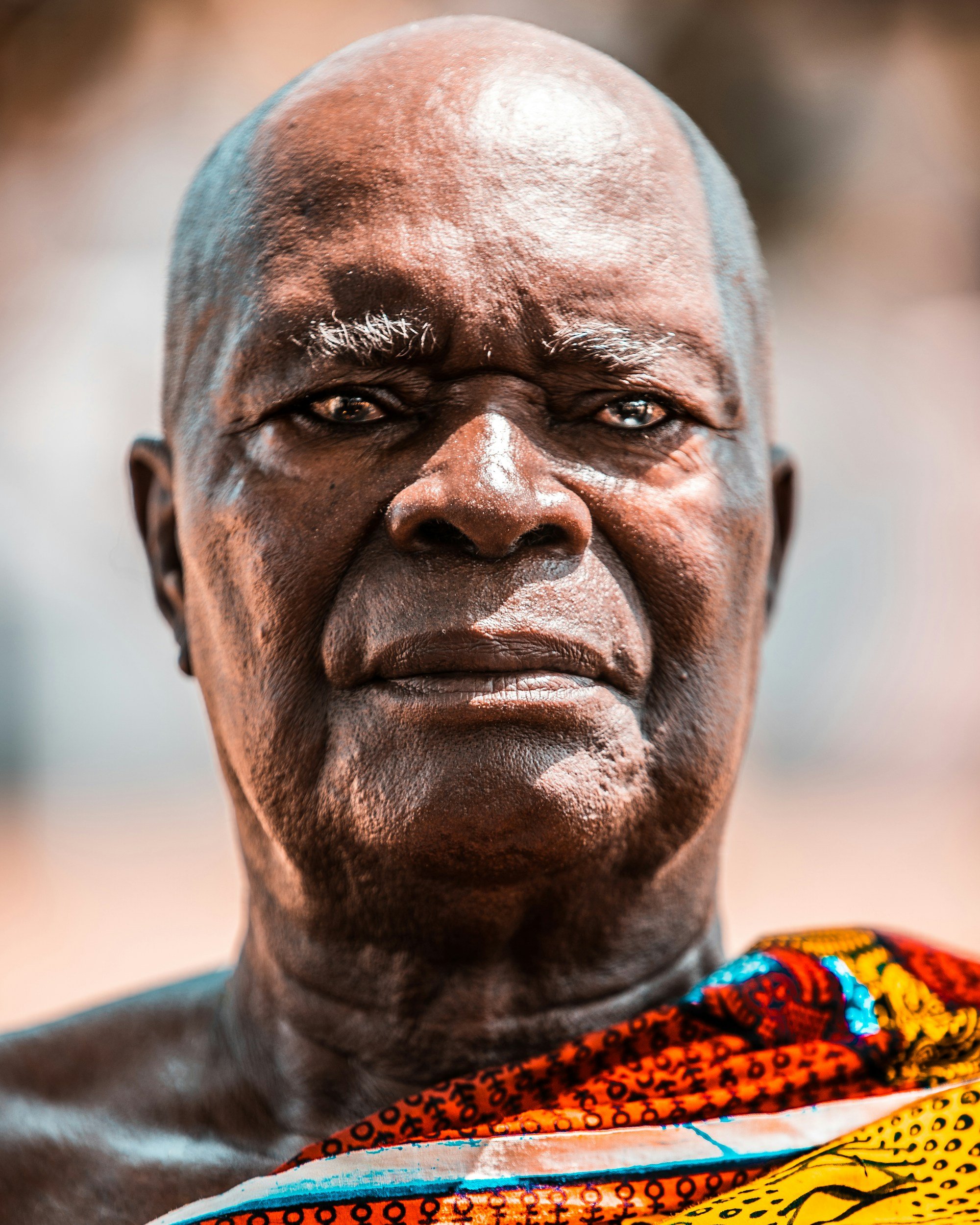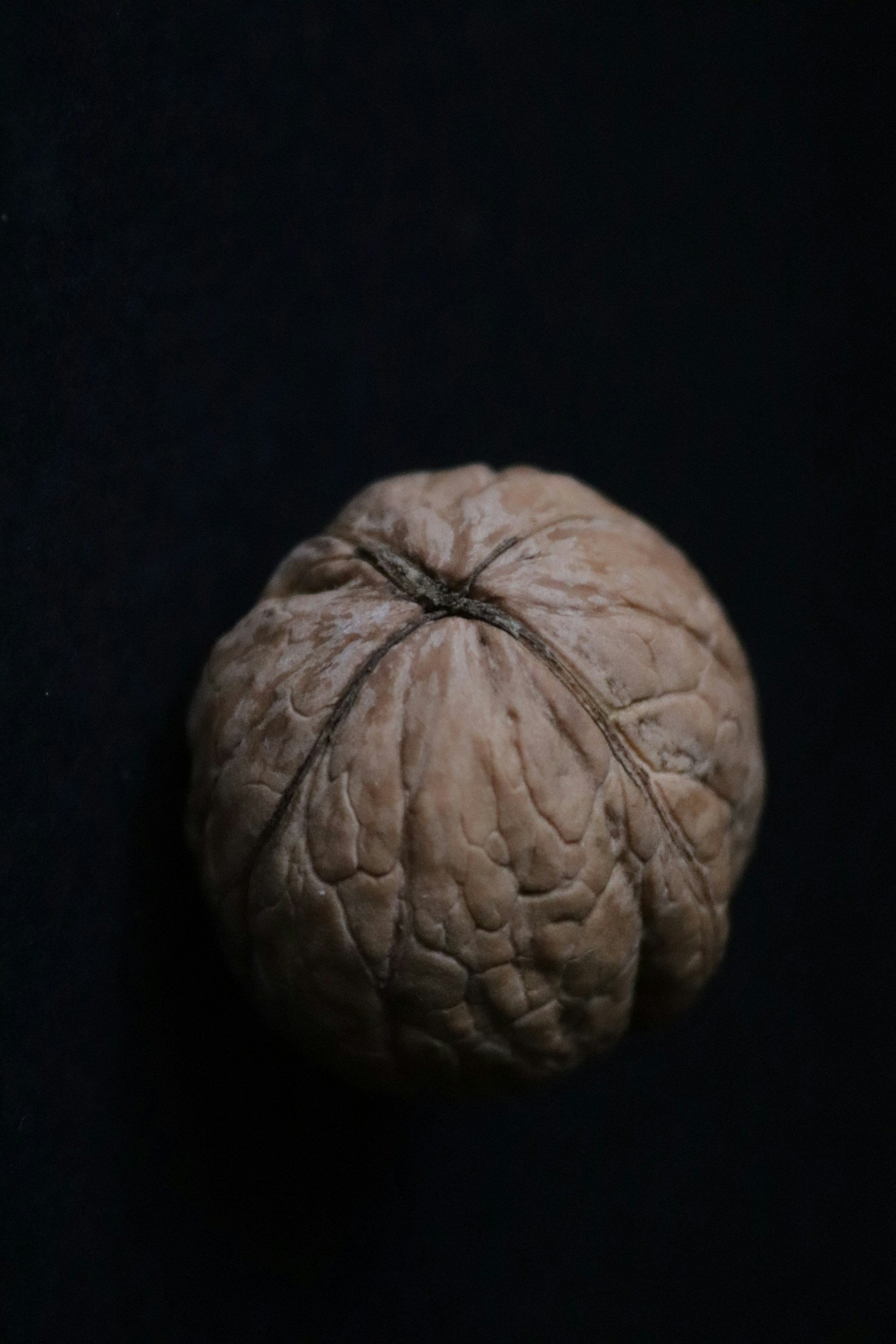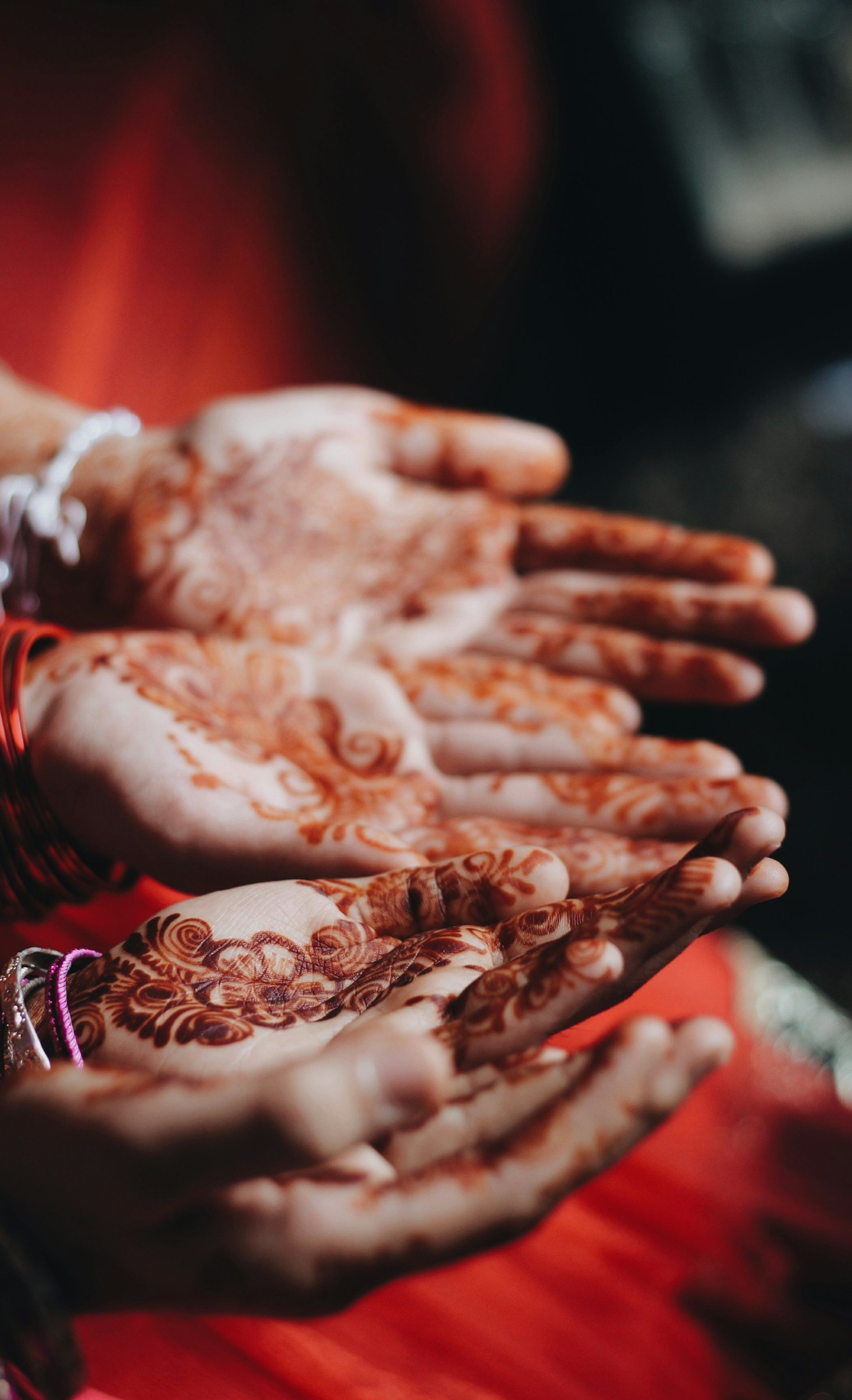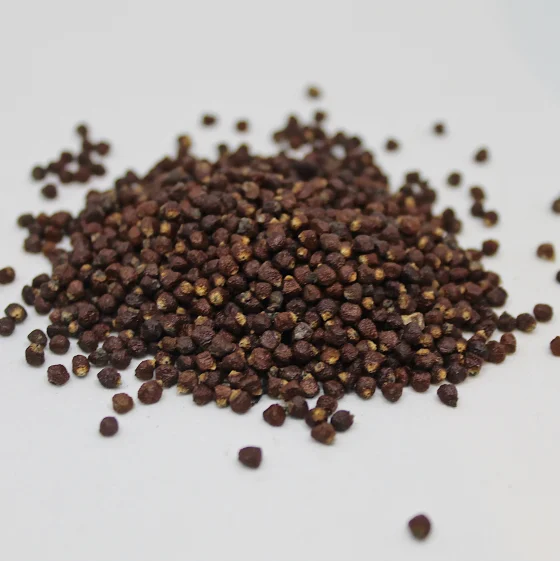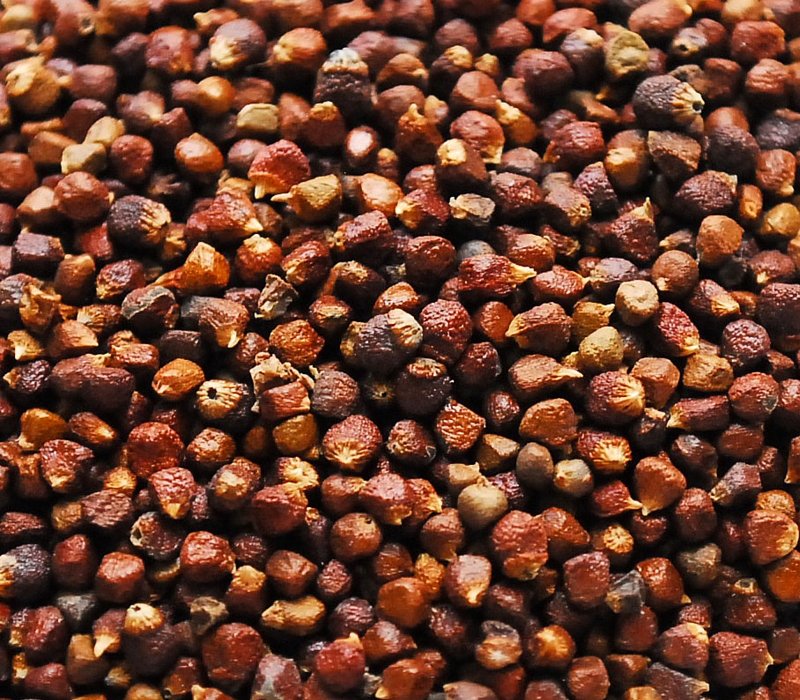The Multifaceted Uses of Oji (Kolanut) in Igbo Culture
In Igbo culture and spirituality, kolanut, known as Oji, holds a place of immense significance. It is revered as a spiritual and social catalyst, and is integral to various aspects of Igbo life, from religious rituals to everyday interactions. In this post, we will explore the diverse uses of Oji, to demonstrate its importance in prayer, manifestation, divination, and more within the Igbo community.
Oji in Spiritual Practices
Prayer and Communication with Divine Forces: Oji has an important use in the Igbo ritual of prayer. It is believed that offering Oji during prayers helps to facilitate communication with ancestral spirits and deities. The act of breaking the kolanut is usually accompanied by prayers, declarations and invocations, which are considered more potent when Oji is presented.
Manifestation of Intentions: In addition to its use in prayer, Oji is also employed in the manifestation of intentions. Odinani practitioners can symbolically impart their intentions to the spiritual realm, seeking blessings and support from the ancestors and gods by offering kolanut while articulating set desires or goals.
Settlement with Spiritual Forces: Oji plays a critical role in appeasing and settling disputes with spiritual forces. In situations where there has been a breach of spiritual law or tradition, offering Oji while doing the needful can pacify the aggrieved entities, to restore harmony between the physical and spiritual worlds.
Divination: Diviners can use Oji during sessions of divination. The kolanut is split into lobes, and the arrangement and appearance of these lobes help diviners interpret spiritual messages and answer questions from the community or individuals.
Oji in Social and Cultural Contexts
Fasting and Eating: Oji is sometimes used to break fasts, particularly in a spiritual context. Eating Oji after fasting is believed to purify the body and spirit, making it a fitting transition from a state of spiritual contemplation to normal daily activities. Beyond its ritual use, Oji is also enjoyed casually or socially. Sharing Oji among guests or at meetings reinforces social bonds and is a gesture of goodwill and hospitality.
Medicinal Uses: Medically, Oji is valued for its stimulant properties due to its caffeine content. It is used to treat various ailments, including digestive issues and lethargy. In traditional Igbo medicine, Oji can be part of herbal preparations used to enhance vitality and treat specific health conditions.
Oji as a Symbol of Unity and Peace
One of the most important aspects of Oji's use in Igbo culture is its role as a symbol of unity and peace. At gatherings, no matter the occasion, the presentation and sharing of Oji signify mutual respect, unity, and a shared commitment to harmony among all present. This practice underscores the Igbo philosophy that maintaining good relationships is foundational to both individual and communal well-being. Onye wetera oji wetera ndu: one who brings oji brings life (as in peace and unity)
To Sum It Up
The uses of Oji in Igbo culture exemplify how a simple element of nature can be woven intricately into the fabric of a community's spiritual and social life. Oji is an essential tool for communication with the divine, a medium for healing, and a symbol of community cohesion. Knowing the multifaceted roles of Oji not only provides insight into its cultural significance but also highlights the rich spirituality and communal philosophy of the Igbo people. As such, Oji remains a revered component of Igbo culture till date.
If you like this post, share it with others on social media. Help us spread the informarion and preserve Igbo insigenous knowledge. Let us know what other uses of Oji you might know of in the comment section below. Dalu!
Recommended Resources:
Ọjị Igbo And Its Significance In Ọdịnanị Igbo Spirituality | Dibia Nwangwu Uchendu (Blog)
Step 9: Iwa Ọjị | An Igbo Cyber Shrine (Article)
Iwa Oji - Breaking the Kola Nut | Global Faith Ministries of Chiism (Article)
Know The Meaning of Oji and its Lobes in Igbo Tradition | Truth and Wisdom Forum (YouTube)
Igo Oji Igbo (Igbo cultural prayer with Kolanut) | Igboness (YouTube)
Igo Oji (Breaking of Kola nut) | Onye Dee (YouTube)


